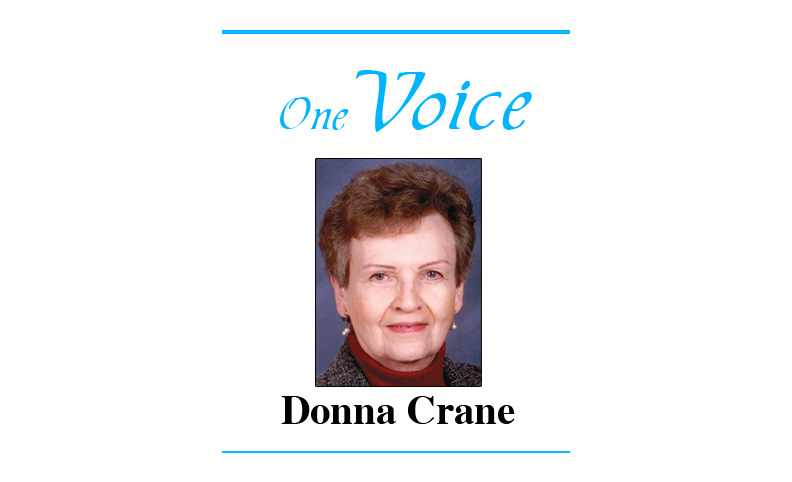
The pandemic inspired Dole Packaged Foods to launch an ambitious new program to bring nutritious sustenance to one billion persons by 2025
Here is how innovation is helping to close the gap on food inequality:
Fastco Works, FastCompany, writes: “It’s peak pandemic 2020, and Barbara Guerpillon, head of ventures at Dole Packaged Foods in Singapore, is watching another three-minute Zoom pitch from a start-up half-a-world away working on food sustainability. It’s not just a business meeting. It’s a chance for much-needed human connection during a socially-isolating time, when it can be easy to forget that, globally, we’re all connected, particularly when it comes to our food.
‘“I’m a strong believer in collaboration, breaking silos from the inside of an organization and the outside of the organization,’ Guerpillon said. During the pandemic, she’s seen these silos disintegrating at higher rates. ‘With the current situation, we’ve been able to connect a lot more with people around the world, not only in our region.’
“Guerpillon puts it, the COVID-19 pandemic has ‘obtusely exposed the potential vulnerabilities of the world food supply chain.’ It’s shed light on many inequalities, including access to nutritious food, and made people more aware of how important good food is to good health.
A Complex, Interconnected, Process
“Getting nutritious food to the estimated hundreds of millions facing food insecurity worldwide isn’t just about food, however. It’s a complex, interconnected process made up of farmers in Southeast Asia; consumers navigating food deserts in Jackson, Miss.; students in Bologna, Italy; and landfills in New Zealand. All of these people and places are directly involved in what Dole calls its promise to use zero fossil fuel-based plastic packaging, end fruit loss in its supply chains, remove processed sugar from its products, and bring nutritious food to one billion persons, all by 2025. The Company aims to reach carbon neutrality in its operations by 2030.
‘“We realized well before COVID that we needed to open up as a business, to bring the best of the outside in,’ said Pier Luigi Sigismondi, president of Dole Packaged Foods. The pandemic simply ramped up the process and made Sigismondi and his colleagues realize there was no returning to business as usual. They needed to change directions fast, which meant being a partner with innovative food-tech start-ups, academic researchers, and sustainability-minded investors.
‘“What we are aiming to do is to really build an entire ecosystem,’ Guerpillon said. Dole’s partners in this ecosystem so far include Solidaridad, an international organization focused on building fair and sustainable supply chains; Forum for the Future, which is a partner with businesses and governments to encourage sustainability; Rocana, a venture-capital firm invested in clean nutrition; and the Future Food Institute, which studies interconnected food systems and looks for ways to make healthy changes.
“Dole has set aside $2 million in its annual Sunshine For All TM Fund to spend on partners working toward its ambitious goals. ‘We are not giving away money to causes,’ Sigismondi said. ‘We are investing in impactful pilots and partnerships based on identified focus areas of our problem statement.’ Before investing in a project, Dole’s leadership team will evaluate it based on criteria related to the problem the project aims to solve, its scalability, and its potential impact.
A Holistic Approach
“Chiefly, these projects have to look at our food systems holistically, as Future Food Institute Founder Sara Roversi does. Future Food, she said, focuses on three main areas. There’s the knowledge side, which includes education and research initiatives; the community development side, so the wider public understands how to make the best food choices; and the innovation side, where new technologies developed at the Institute can come to life. Sigismondi witnessed students working on these innovations when he first met Roversi in Bologna several years ago. ‘It’s really crucial to work at every layer,’ Roversi said.
“Working at every layer applies to aspects of our world affected by food. ‘Thirty-seven percent of global emissions come from the food industry, she said. To tackle this problem, Dole is working to upcycle and fight food waste.
“For example, Dole works with companies in the textile industry, one of which uses banana-leaf fiber to create items, such as face masks. Dole recently installed more than 33,000 square meters of solar panels at its facilities in Thailand and the Philippines, which Sigismondi said should ‘reduce CO2 emissions by more than 100,000 metric tons over the next 15 years.’ Some of Dole’s bananas will start getting a packaging makeover, reducing the amount of plastic otherwise destined for New Zealand landfills by approximately 16 tons each year.
“Of course, all of this affects consumers at the end of the supply chain, such as those in Jackson, Miss., a food desert with only 20 grocery stores serving a population of 170,000. There, Dole holds both public and private partnerships, including with The Boys and Girls Club, to bring fresh produce to the area.
“This is just a small glimpse of the players and places working toward Dole’s 2025, and 2030, goals, let alone those involved in creating food sustainability and access worldwide. But, according to Roversi, their work represents a larger shift in consciousness that will keep good nutrition, and all the positive effects that come with it—top of mind.
‘“We now have the opportunity to change something, because people are understanding that food insecurity is strongly connected with issues [such as] health and people getting sick,’ Barbara Guerpillon said. ‘So people are starting to understand the complexity of food, [and that] if you’re not solving the issues of the global food system, you’re not going to solve all the other challenges that the world is facing.’” Fastco Works wrote.
FastCo Works is Fast Company’s branded content studio. Advertisers commission FastCo Works to consult on projects, as well as to create content and video on their behalf.

